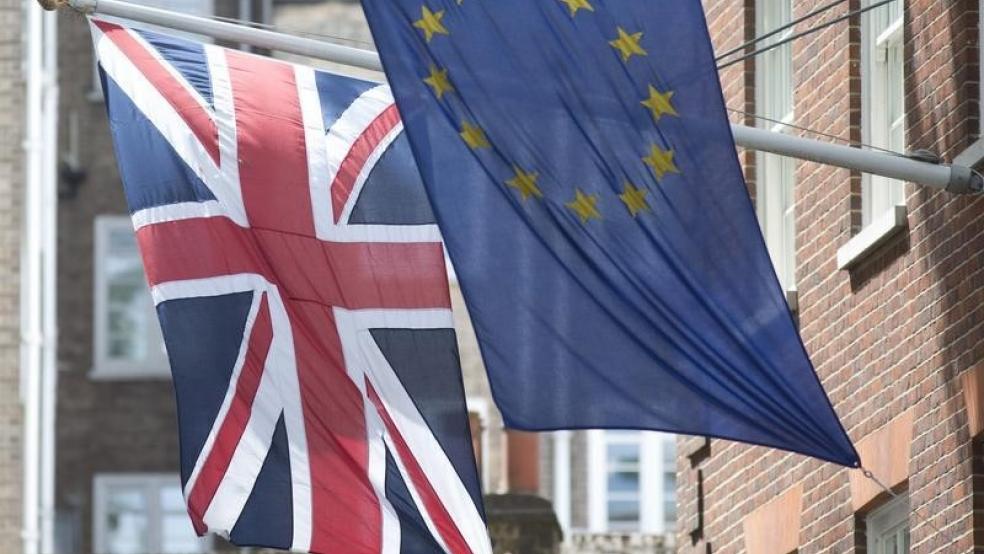In June 1992, the unlikely presidential candidacy of a brash young governor from Arkansas was gaining strength, and after the Democratic convention that July gave Bill Clinton an enormous bounce in the polls, he and running mate Al Gore never looked back.
The Democrats faced incumbent Republican President George H.W. Bush, and two factors proved decisive: the state of the economy and the third-party candidacy of businessman Ross Perot, who in the spring of 1992 was ahead of Bush, with Clinton in third place.
Related: How a Ban on Tea Kettles Could Drive Britain to a Brexit
After the smashing victory of the Persian Gulf War in 1991, Bush had an 89 percent approval rating. Two years later he lost his bid for re-election in the face of a weak economy. Although the 1990-91 recession was mild by historical standards, unemployment remained stubborn and reached its peak of 7.8 percent in June 1992.
The mantra of the Clinton campaign was as simple as it was effective: “It’s the economy, stupid.”
Now, 24 years later, it’s the economy that could threaten the election of Hillary Clinton.
If Britain votes to abandon membership in the European Union next week, the impact on the global economy could be severe and threaten America’s already anemic growth. The “Brexit poll tracker” at the Financial Times, updated today, shows 47 percent support in the UK for leaving the EU and 44 percent for remaining. World markets are jittery.
The Brexit vote on June 23 will come on the heel of a weak U.S. employment report for May, with only 38,000 new jobs created, according to the Bureau of Labor Statistics. And while the unemployment rate is down to 4.7 percent, revised job numbers showed almost 60,000 fewer job were created in March and April than previously reported, and the number of full-time-job seekers who had to take part time work rose by 468,000, according to the Financial Times.
With capital spending either flat or being cut in a range of industries from fast food to pharma, according to a Reuters report early this year on capex plans for 2016, and with the oil industry slashing U.S. investment by 50 percent, companies’ reluctance to hire would likely get even more pronounced if uncertainty in global markets led to further caution. According to a Manpower survey of 11,000 hiring managers released Tuesday, 71 percent already plan to keep workforces unchanged in the third quarter, and there was a net weakening of the employment outlook for three of the four regions of the country surveyed.
Related: Experts Warn Trump and Clinton of a Big Threat to the Economy
More pronounced weakness in the job market sparked by Brexit would play directly into the hands of presumptive GOP nominee Donald Trump, who has made the economic battering of the American worker a centerpiece of his campaign with calls for a crackdown on illegal immigrants who undermine wages and a renegotiation of free-trade deals that move jobs overseas.
A CNBC survey of money managers, investment strategists and economists released yesterday found that 80 percent believe Clinton is most likely to win the presidential election, with just 15 percent picking Trump as the winner. The results narrowed on who would be best for the stock market: 38 percent for Clinton, 25 percent for Trump and 38 percent unsure or didn’t know.
However on the question of who has the best economic policies, Trump came out on top with 45 percent, vs. 30 percent for Clinton and 25 percent unsure or didn’t know.
Of course, who Wall Street thinks would improve the economy doesn’t decide elections. But faltering growth and an even weaker job market brought on by a global economy in disarray might lead to the sentiment of the financial class and the anger of the working class coinciding at the ballot box, much to Clinton’s distress.





